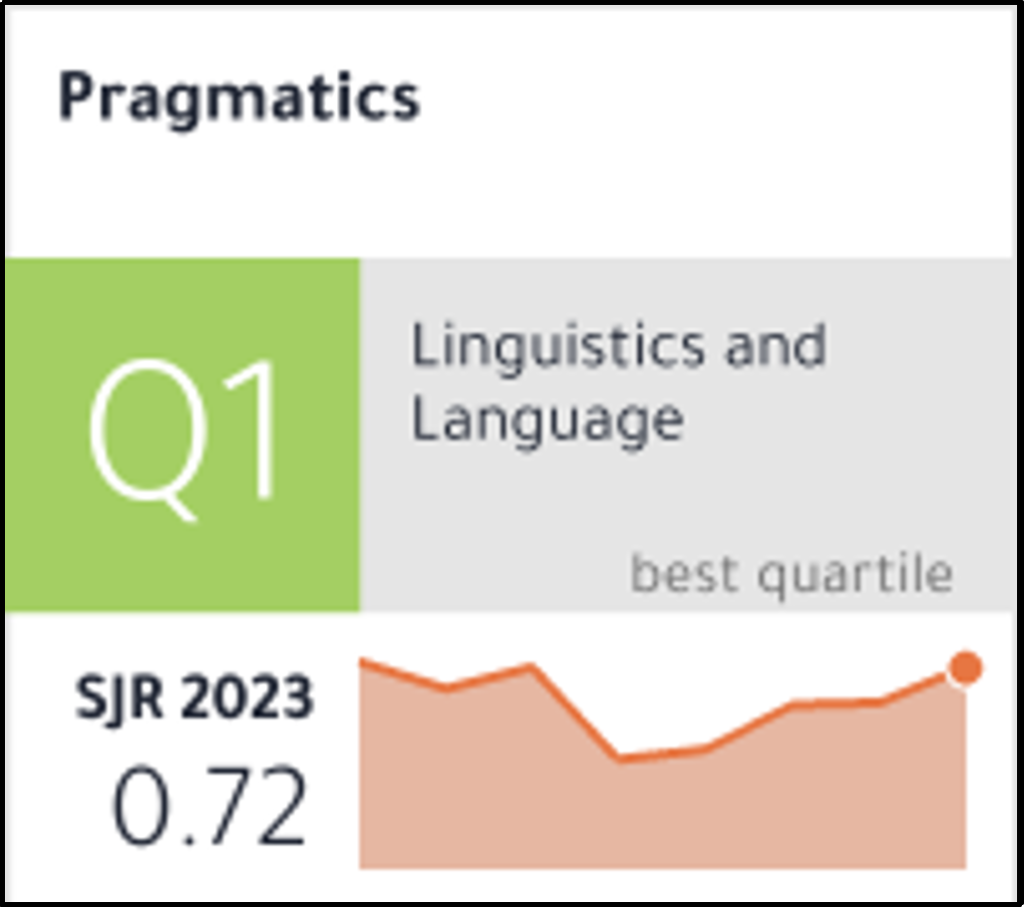The year is 1985. The sun-drenched Italian town of Viareggio plays host to the International Pragmatics Conference, a gathering of minds passionate about exploring the fascinating world of how language functions in real-life situations. It is here, amidst stimulating discussions and intellectual exchange, that a groundbreaking idea takes root: the formation of an international association dedicated to the study of pragmatics.
This wasn’t a mere whim. The visionaries behind this initiative recognized the need for a global platform to unite scholars from various disciplines interested in language use. Their first step was to reach out to a wide network of international experts, gauging their interest in establishing such an association and potentially serving on its advisory board. The response was overwhelmingly positive. By the year’s end, a dedicated Consultation Board had been assembled, ready to lay the groundwork for a new organization.
John Gumperz, a renowned scholar in the field of pragmatics, stepped forward to become IPrA’s first president. In early 1986, the International Pragmatics Association officially came into being. Choosing Antwerp, Belgium, as its seat, the organization was established as a non-profit entity, ensuring its focus would remain on fostering research and collaboration without the constraints of commercial interests.
Over the years, countless individuals have contributed their expertise and dedication to IPrA’s mission. The Consultation Board has evolved, welcoming new members who have enriched the association with their diverse perspectives. Today, IPrA stands tall as a vibrant international scientific organization boasting over 1,500 members hailing from more than 70 countries across the globe.
But what exactly is IPrA’s purpose? At its core, the association serves as a champion for the field of pragmatics – the science of language use. IPrA’s vision extends beyond the traditional boundaries of linguistics. It embraces an interdisciplinary approach, recognizing the profound influence of cognitive, social, and cultural factors on how we communicate effectively. IPrA promotes a “functional” perspective on language, acknowledging that language isn’t merely a collection of static rules but rather a dynamic tool we employ to navigate the complexities of the world around us.
The establishment of IPrA marked a significant turning point for the field of pragmatics. It provided a much-needed platform for fostering collaboration and knowledge exchange among scholars worldwide. The association’s dedication to inclusivity ensures that researchers from various backgrounds and countries have a voice in shaping the future of pragmatics research.
Looking ahead, IPrA continues to play a vital role in advancing our understanding of how language functions in the real world. Through its various initiatives, conferences, and publications, the association provides a springboard for groundbreaking research and fosters a vibrant intellectual community where scholars can connect, share ideas, and push the boundaries of our knowledge. As the world of communication continues to evolve, IPrA remains steadfast in its commitment to promoting excellence in the study of language use, ensuring that the intricacies of human interaction remain a subject of constant exploration and discovery.





